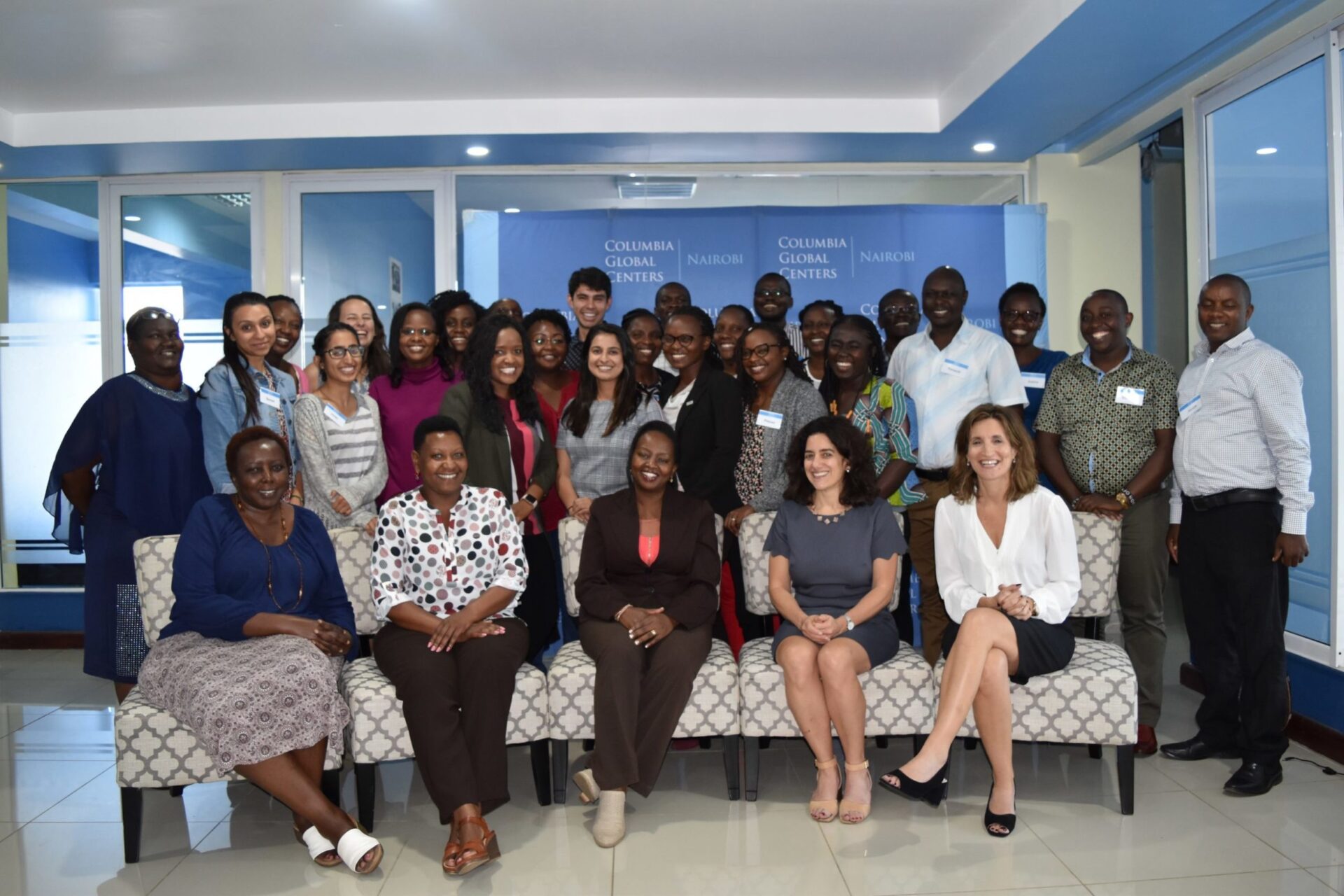

After beginning in 2009 as a means to help CDC conduct surveillance training more efficiently through distance education, UTAP-2 Atlanta grew over the next six and a half years to comprise 11 distinct projects addressing needs and gaps in the HIV response and answering important research questions to inform the response going forward. Four were country-focused (in Côte d’Ivoire, Democratic Republic of Congo, Swaziland, and Tanzania) and the fifth-UTAP-2 Atlanta-became a flexible mechanism for providing a wide range of technical assistance and other support to PEPFAR countries. Situated within ICAP, UTAP was originally envisioned as a single-country program for the provision of technical assistance, but rapidly grew to include long-term and short-term technical and administrative assistance to the national responses to HIV/AIDS in five countries: Mozambique, Rwanda, South Africa, Tanzania, and Zambia.Īs the original UTAP project drew to a close and PEPFAR moved into its second phase-focused on sustainability-ICAP entered into several, follow-on Cooperative Agreements, called UTAP-2. In September 2002, the Mailman School of Public Health (MSPH) at Columbia University (CU) entered into a Cooperative Agreement with the Centers for Disease Control (CDC) for the University Technical Assistance Projects (UTAP) in Support of the Global HIV/AIDS Program.
#COLUMBIA ICAP FULL#
MCAP programming between 20, in addition to being focused on rapidly scaling up care and treatment in partnership with host-country governments, also emphasized the full continuum of HIV-related services, continued capacity building and health systems strengthening, and transition of operations to host governments and local nongovernmental organizationsįind the MCAP End-of-Project Reports here.

This initiative, the Multicountry Columbia Antiretroviral Program (MCAP), rapidly expanded programs for HIV care and ART by promoting early diagnosis of HIV infection, maintaining the health of those living with HIV, and preventing further transmission of HIV within the community. In 2004, ICAP was founded and was awarded a new cooperative agreement from CDC under the PEPFAR framework, the Track 1.0 funding mechanism, to provide comprehensive HIV care and treatment in five countries: Kenya, Mozambique, Rwanda, South Africa, and Tanzania, with programming in Côte d’Ivoire, Ethiopia, and Nigeria subsequently added. This project is supported with funding from PEPFAR through the CDC.Ĭolumbia University’s role in implementing PEPFAR began in 2003, when it received funding from the Global AIDS Program of the Centers for Disease Control and Prevention (CDC) under the University Technical Assistance Projects (UTAP) to support the development of important components of national HIV programs, including treatment protocols and training. ICAP at Columbia University is collaborating with the Government of Tanzania at national, regional, district and community levels and collaborates with HIV stakeholders including implementing partners, healthcare providers and community volunteers to deliver services to intended beneficiaries. Priority populations include vulnerable adolescent girls and young women (AGYW) aged 15 to 29 years. KVP include groups with elevated behavioral risk for HIV, comprising of female sex workers (FSW), people who inject drugs (PWID), and men who have sex with men (MSM). The goal of the project is to accelerate, expand, and improve the quality of comprehensive community-based HIV prevention services to key and vulnerable populations (KVP) and priority populations (PP) to achieve epidemic control.

This project provides comprehensive, community-based HIV Prevention, Linkage and Retention Services for Key Populations and Adolescent Girls and Young Women in eight regions across Tanzania including Dar es Salaam, Pwani, Mwanza, Mara, Simiyu, Kigoma, Kagera and Geita.


 0 kommentar(er)
0 kommentar(er)
